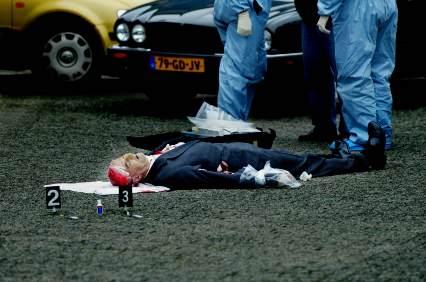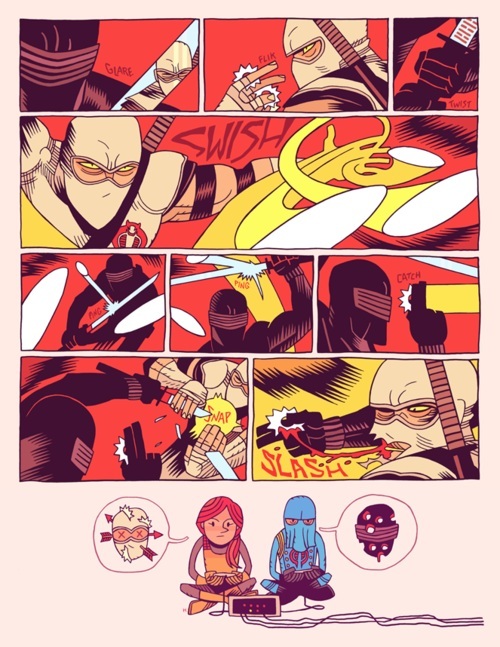Half a year. Six months. Twentysix weeks. It feels like forever; it also feels like yesterday that Sandra died. It’s just not something I can get used to: it still feels like she should be there, she’s just gone out of the room for a bit. Every day I want to call her on my lunch break, every time when I watch a tv show or listen to a radio programme we used to follow together I want to ask her what she thinks about it, every time I read a book that I think she would like, I want to tell her she shouldn’t read it, as she hated having books recommended to her.
The weekends are the worst; during the week work can be busy enough that I don’t really think about her, but in the weekends there’s too much time and space for the memories and grief to come back. It’s not so much that I spent my weekends staring and sighing, more that literally everything in the house and garden reminds me of Sand. Worse, even the local supermarket makes me think of her as I try to remember her advice on cooking and such. Pathetic, I know.
What I also miss is the structure in my life, a goal. Living alone after having spent the better part of a decade living together with somebody you love deeply is so different from just living on your own. When you’re a couple you live for each other as much as for yourself, at least if you it properly, but now what do I have: my job? My hobbies? The cats? All very nice, for sure, but it doesn’t fill my life like Sandra did. And that’s what I miss the most, having somebody there who makes you feel like what Ella sings about and who you can do the same to.

